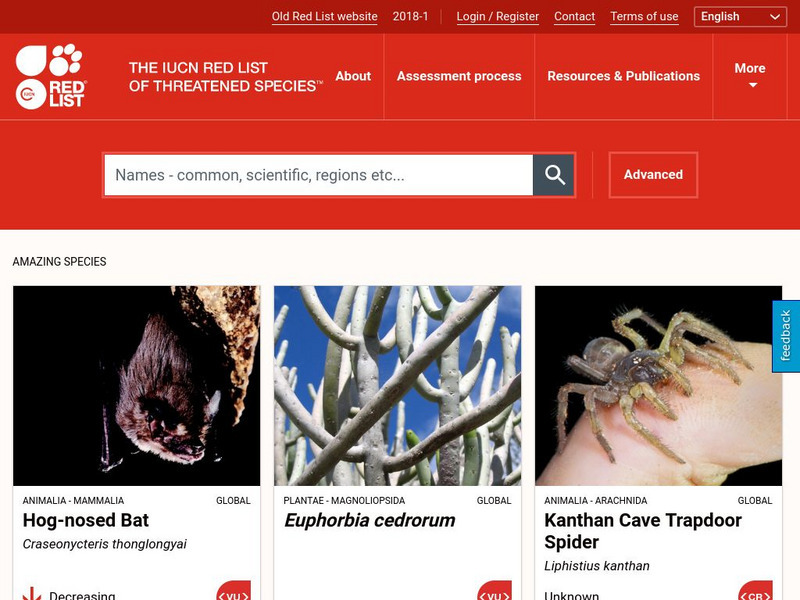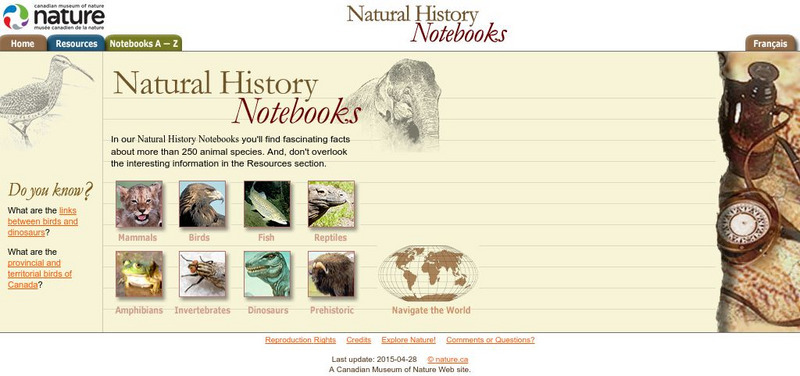Curated OER
Where Does Food Come From?
Distinguish between food and non-food items. Recognize that food is obtained from both plant and animal sources. Identify sources for some common animal foods then construct a simple food path from the farm to the consumer.
Curated OER
Cats and Superstition: Fun Trivia Quiz
Answers to this quiz are very well cited, so if your class is studying Halloween, symbols, superstition, world cultures, or cats, it could spark spirited discussion about comparative traditions.
Curated OER
Animals on the Farm
Students work in groups to create a description of a farm animal. Other classmates try to guess the animal. The class discusses what farmers need to provide for each animal on their farm (food, shelter, veterinary care). Students...
Curated OER
World Music Tour
In this music worksheet, students identify and describe what world music is and where it comes from. They also create words that start with "uni" meaning one. Finally, students practice reading and drawing the notes on the sheet.
Curated OER
Squirrels Puzzle
In this squirrel puzzle, students identify names of items related to squirrels. Examples of words include bushy tails, chatter, tree and acorns. A word bank of 18 words is available to assist students in their search.
Curated OER
Animal Forms
Students demonstrate similarities and differences in animal forms, including humans.They investigate geometric relationships within those forms by building an animal using Zome System elements.
Curated OER
What Kind Of Mammal Is It?
Students describe the characteristics of a mammal. They also differentiate between a companion and a wild animal. The lesson has an assessment included in it. They have a discussion to tap prior knowledge about what a mammal is.
Curated OER
Creating and Restoring Health Forests
Students explore how to create and restore healthy forests. Given a scenario, teams of students create a management plan to assist the forest in becoming healthy, safe, and appealing. Students consider the ecosystem, adaptations of the...
Curated OER
All Hands On Deck
Young scholars study estuaries and are able to define one, and describe its features. For this investigative lesson students participate in an activity that shows them the importance of estuaries.
Curated OER
What Are the Needs of Living Things?
In this living things worksheet, students will write down two facts about what a living thing needs to survive. Using these facts, students will draw a conclusion to how those needs are met.
Curated OER
Conflicts Word Search Puzzle
In this conflicts worksheet, students define, study, review and discuss four key terms associated with conflicts. Students circle each term in a word search puzzle.
Curated OER
Life in the Rainforest
Third graders explore and study about a variety of life found within a rain forest. They choose three different animals to research from the tropical rain forest and identify one physical characteristic that helps each animal survive in...
Curated OER
Mission: Project Rescue
Third graders explore animals and their habitats. Using the Internet, they gather information and determine which animal goes into which habitat. Students design travel containers to provide proper food, water and comforts for the animal.
Curated OER
Animals and Me
Students develop skills needed to use the Internet. They demonstrate scrolling, links, and the back arrow. Students read a book and explore the web for their favorite animal. They create a Venn diagram comparing their body parts to the...
Other
Iucn: Red List of Threatened Species
Find out about endangered animals featured here from the IUCN Red List of Threatened Species. Search through thumbnails to view previous months' species of the day to learn more.
Other
University of Aberdeen: The Phyla of Kingdom Animalia
Very systematic breakdown of the animal kingdom starting with the simplest type the sponge, all the way to the chordate or vertebrate. Each phylum has a link with information.
Canadian Museum of Nature
Canadian Museum of Nature: Natural History Notebooks
This site from the Canadian Museum of Nature, a natural history museum, provides short information blurbs and fun facts on over 240 different common animals categorized by type (mammals, fish, reptiles, invertebrates, amphibians,...


















